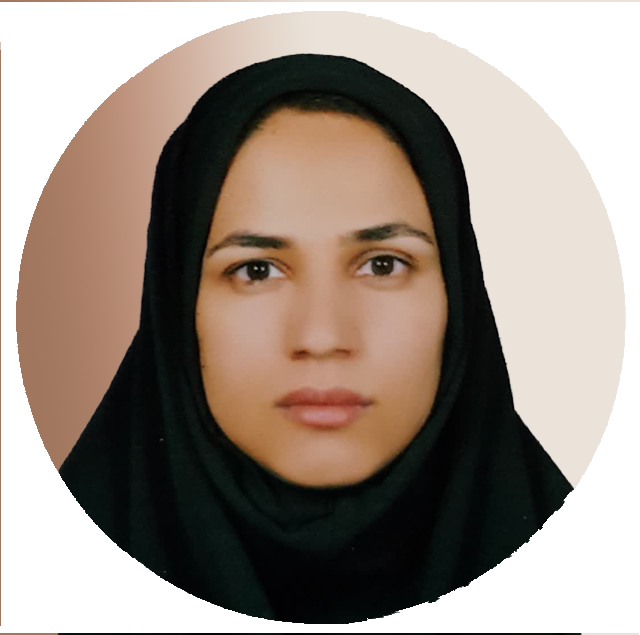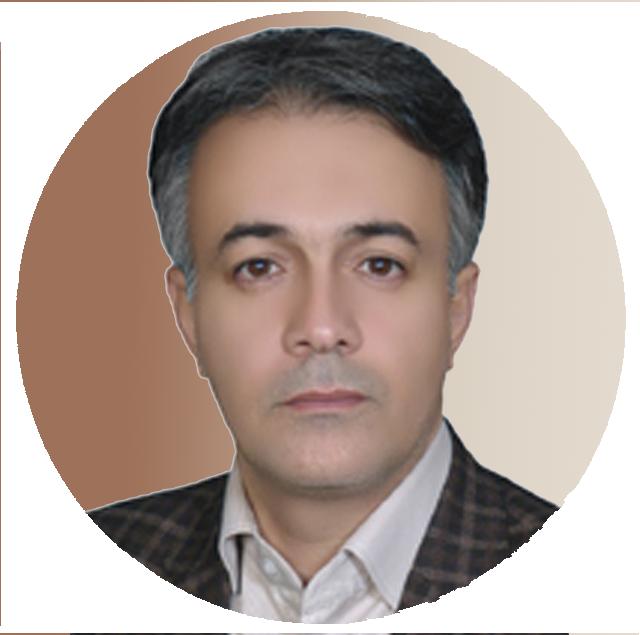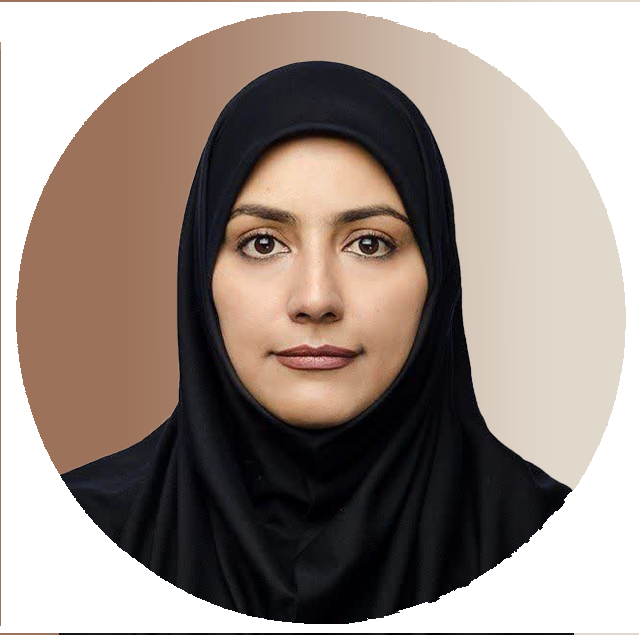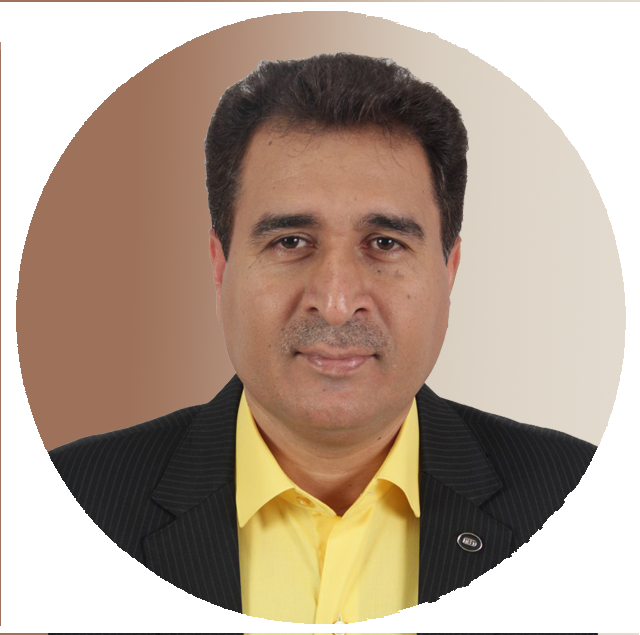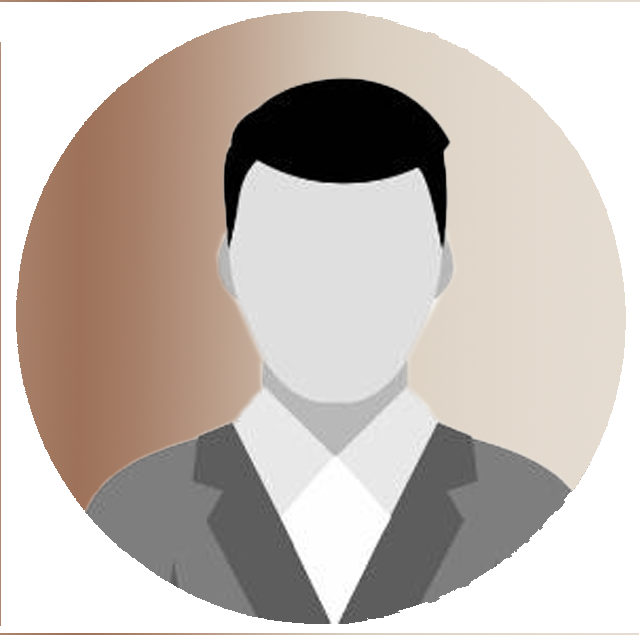Department of Chemical Engineering - دانشکده فنی و مهندسی
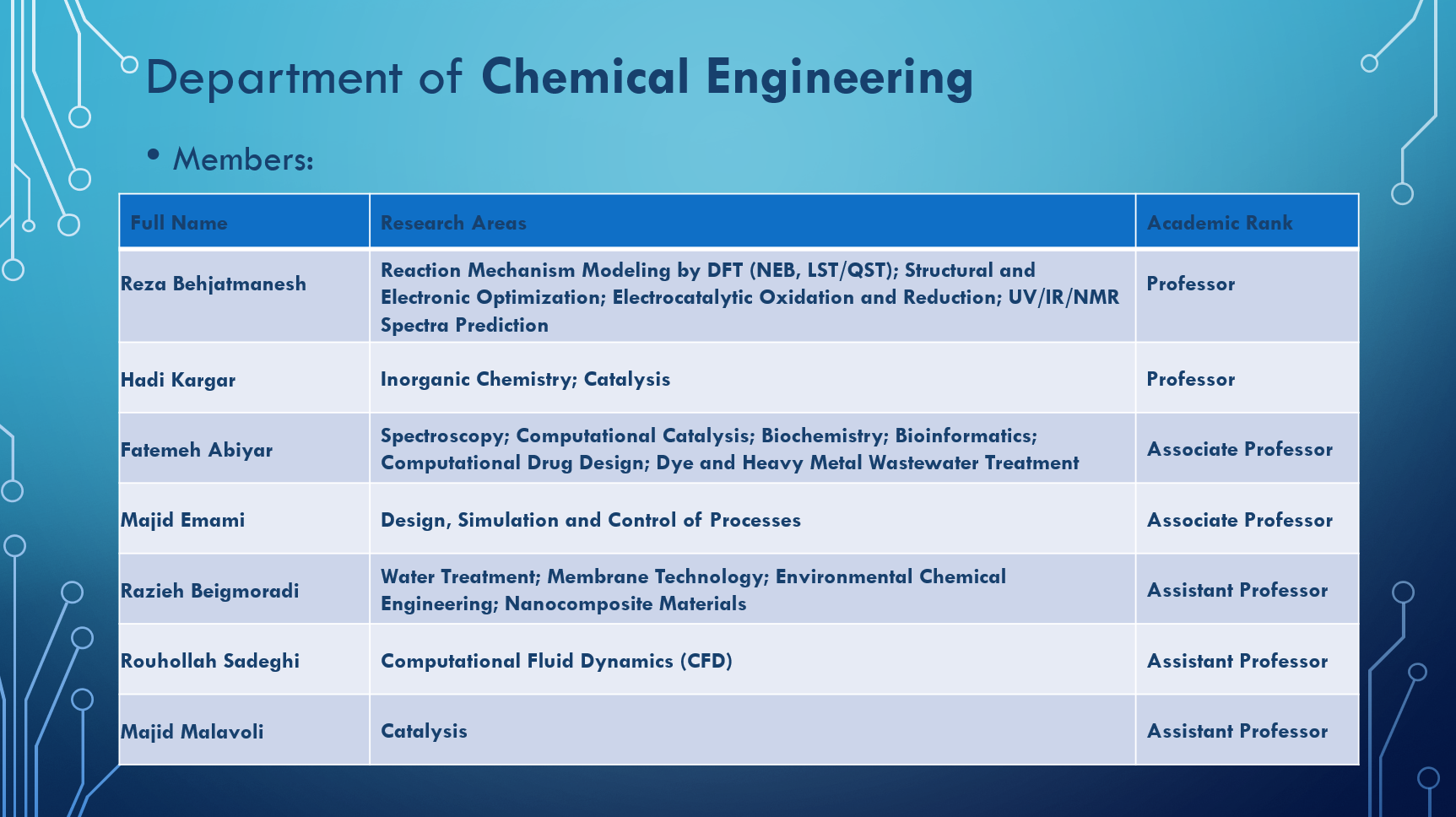
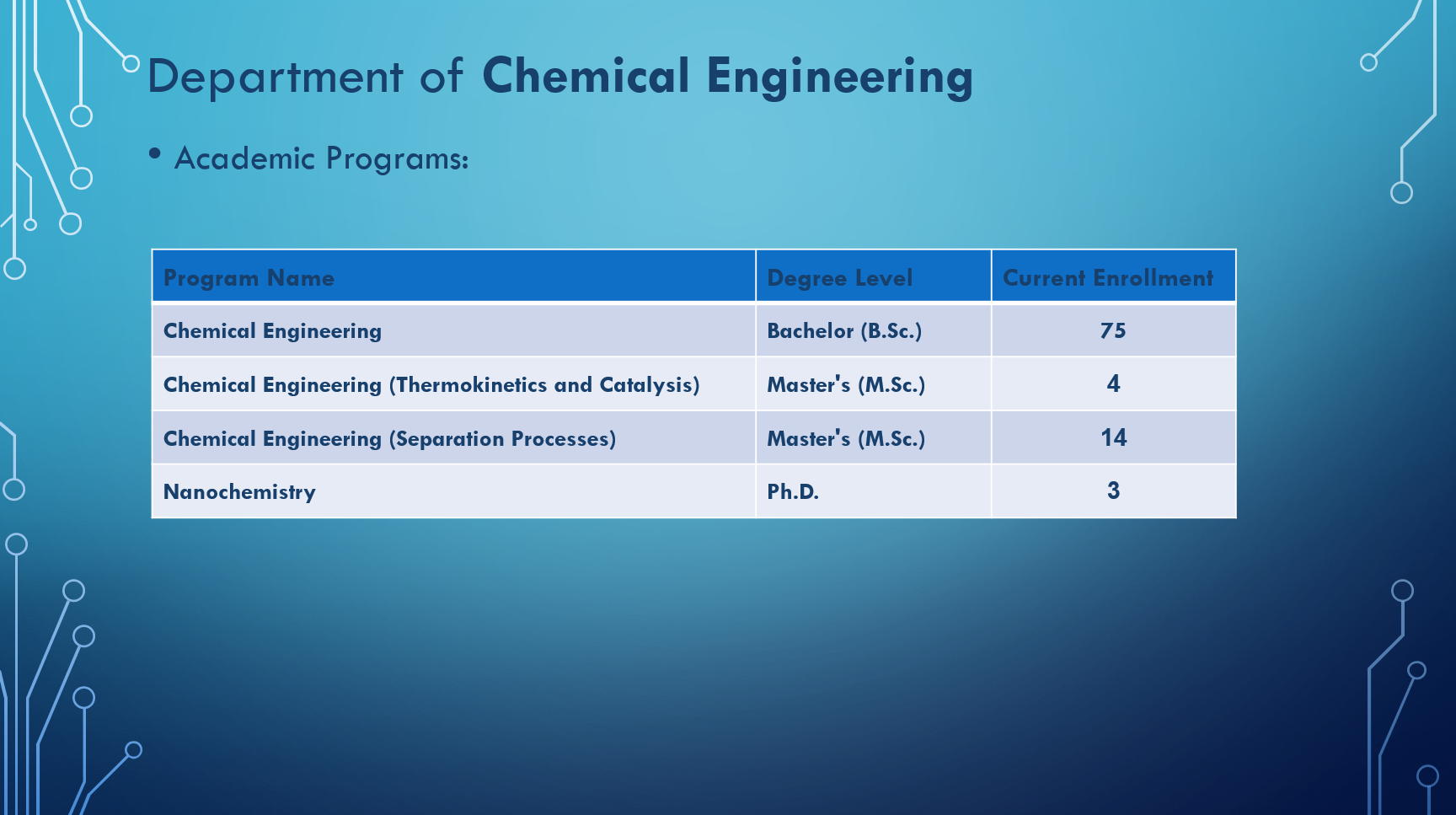
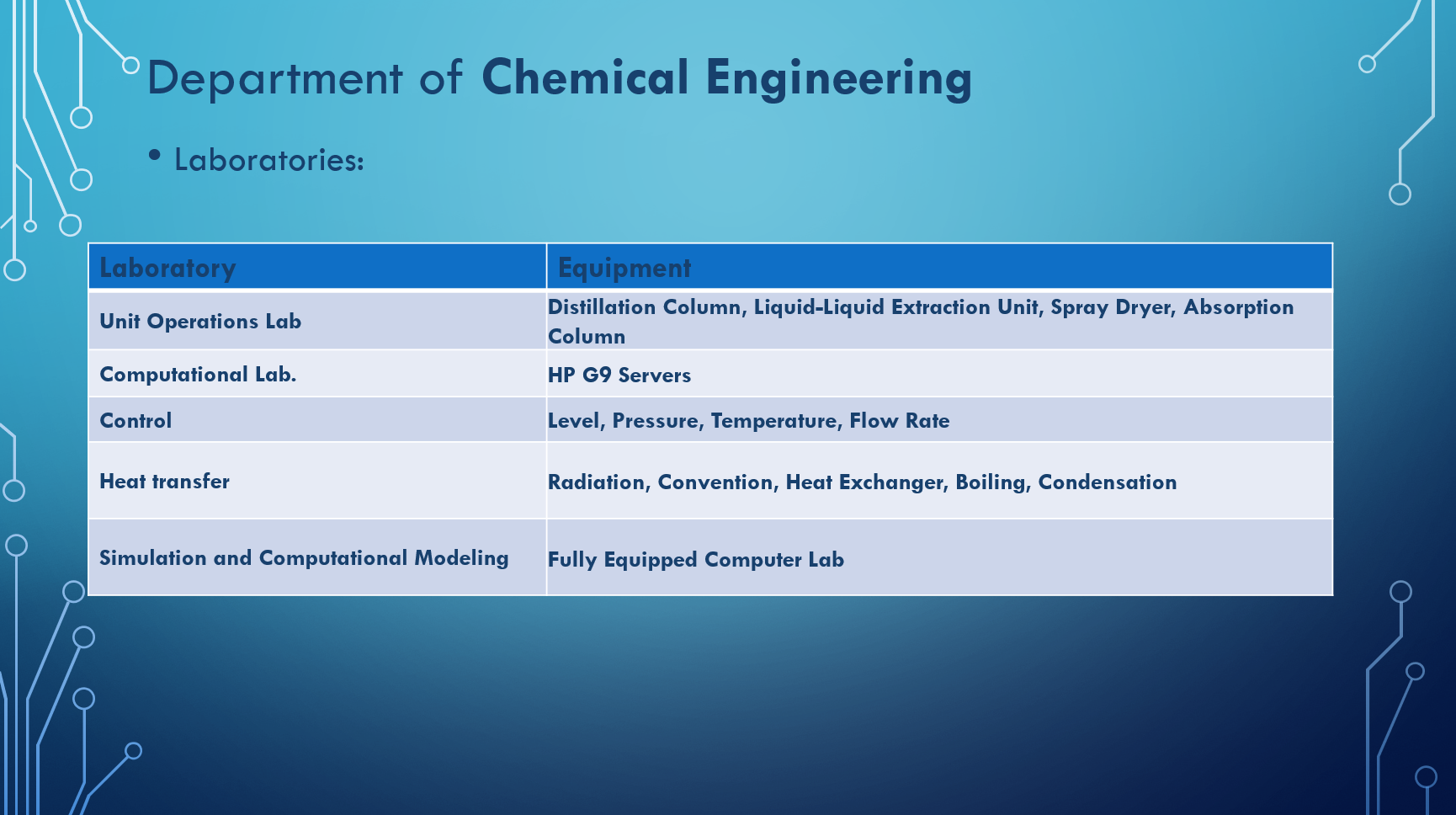
Department of Chemical Engineering
Chemical Engineering" deals with industrial processes in which raw materials are reacted or separated to be converted into useful products".
A chemical engineer must:
❖ Improve and/or design both the overall process and the equipment used.
❖ Select appropriate raw materials.
❖ Operate industrial units in a highly efficient, safe, and economical manner.
❖ Ensure that products meet customer needs.
Chemical engineering is both an art and a science. Whenever science can provide assistance, it should be used. However, as is often the case, when science does not provide a complete answer, experience must be relied upon.
The undergraduate curriculum in Chemical Engineering is structured to provide students with a basic understanding of the design and optimization of various process equipment as well as entire processes:
-
The governing principles for deriving performance equations for various equipment are explained in courses such as “Material and Energy Balances,” “Thermodynamics I & II and Physical Chemistry for Chemical Engineering,” and topics related to transport phenomena, including “Fluid Mechanics, Mass Transfer, and Heat Transfer.”
-
Design and case-specific optimization of equipment are taught in various courses. For example: pipeline design for liquids and gases, pumps and compressors, agitated tanks, and pressure drop calculations in various equipment are covered in Fluid Mechanics I & II; heat exchanger design, condensers, reboilers, furnaces, etc., are covered in Heat Transfer I & II; design of different types of chemical reactors in Reaction Kinetics and Reactor Design; the design of packed absorption and stripping columns in Mass Transfer; and, finally, key equipment such as distillation columns, dryers, crystallizers, etc., are covered in Unit Operations I & II.
-
Instrumentation design is taught in Process Control, and overall process design and economic evaluation are covered in “Engineering Economics and Project Design.” Furthermore, specialized chemical engineering software such as Aspen Plus and Aspen HYSYS, used for equipment design, are introduced in the Chemical Engineering Software Workshop.
-
Finally, in the undergraduate project course, students are required to apply what they have learned by redesigning an existing industrial unit. It should be noted that the complete design of equipment is a multidisciplinary engineering project, and what is taught at the undergraduate level in chemical engineering is limited to basic familiarity and reference to resources. Complete design of industrial equipment and detailed explanation of existing industrial processes are included in reputable chemical engineering handbooks, with references to valid sources, which provide the most comprehensive and up-to-date processes for all interested researchers.
Currently, the department has 7 faculty members.
Faculty Members:
-
Dr. Fatemeh Abyar Firoozabadi
-
Dr. Majid Emami Meybodi
-
Dr. Reza Behjatmanesh Ardakani
-
Dr. Razieh Beigmoradi
-
Dr. Rouhollah Sadeghi
-
Dr. Hadi Kargar
-
Dr. Majid Malaveli
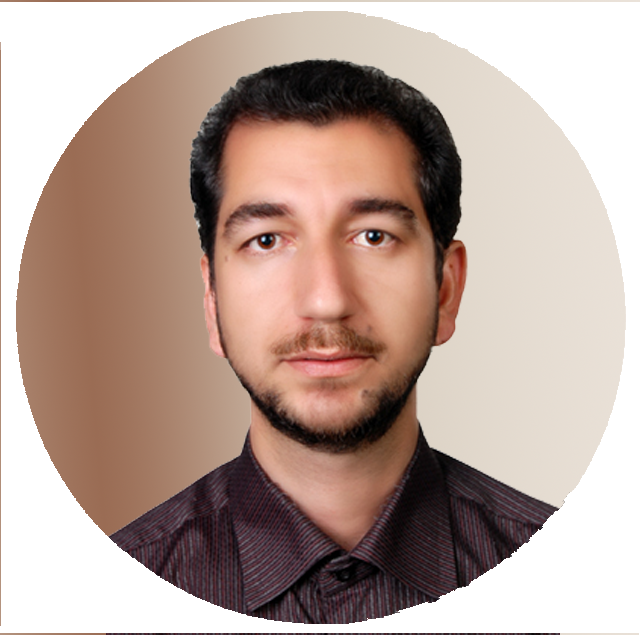
Academic Rank: Associate Professor, Chemical Engineering Department, Field of Expertise: Chemical Engineering – Process Design, Simulation, and Control
Email Address: emami@ardakan.ac.ir
